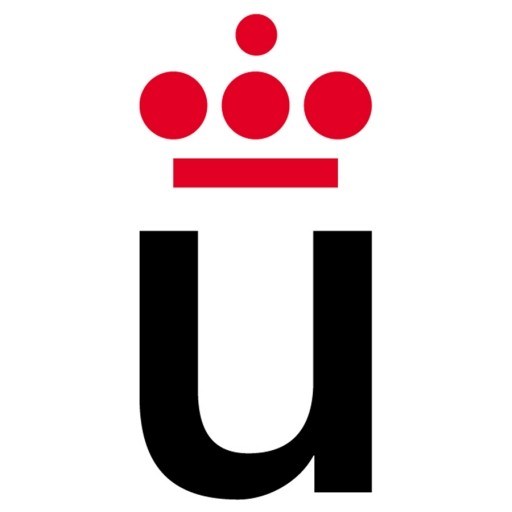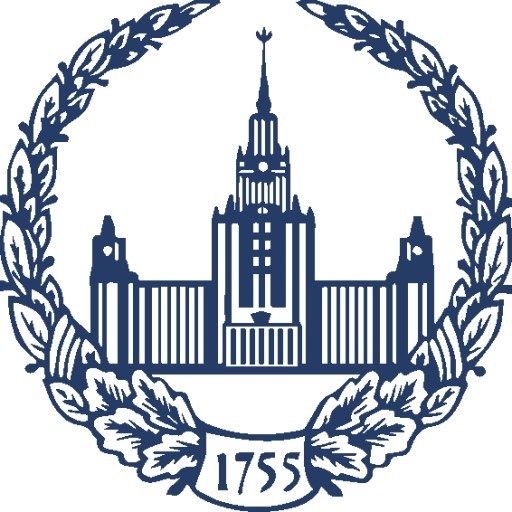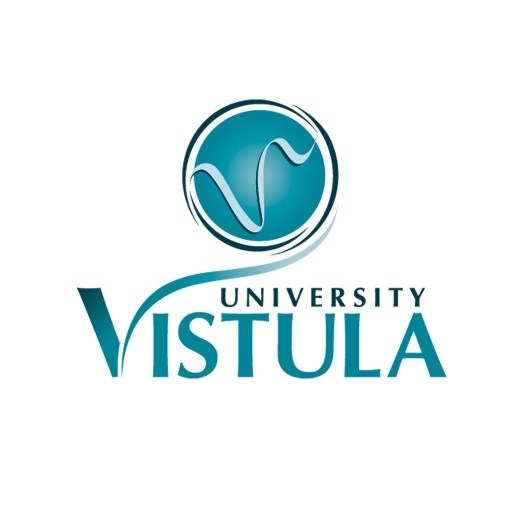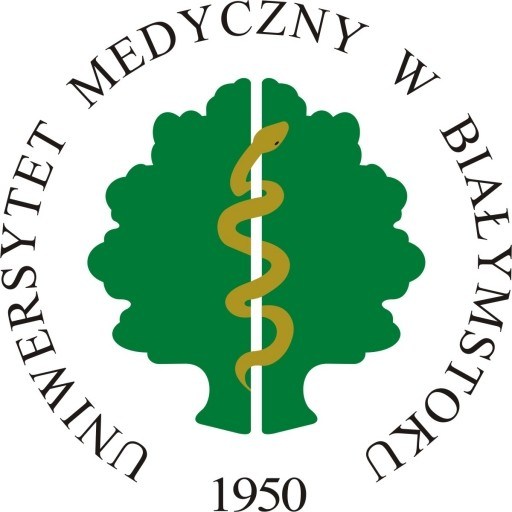The International Economic Analysis degree program at King Juan Carlos University offers students a comprehensive education in understanding the complex mechanisms that drive the global economy. Designed to provide a solid foundation in economic theory and quantitative analysis, this program prepares graduates to analyze international markets, assess economic policies, and develop strategic solutions for economic development and stability. Students will acquire advanced skills in economic modeling, statistical techniques, and data analysis, enabling them to interpret economic trends and make informed decisions in diverse international contexts. The curriculum includes courses in microeconomics, macroeconomics, international trade, finance, econometrics, and development economics, among others. Emphasis is placed on real-world applications, encouraging students to engage with current economic issues such as globalization, economic integration, currency markets, and economic policy impacts. The program also offers opportunities for practical learning through internships, seminars, and collaboration with industry experts, fostering the development of critical thinking and problem-solving skills. Graduates will be well-equipped to pursue careers in international organizations, financial institutions, consulting firms, government agencies, or further postgraduate studies. The program aims to produce highly qualified economists capable of analyzing and resolving economic challenges faced by societies and businesses in an increasingly interconnected world, contributing to sustainable economic growth and development at both national and international levels.
The International Economic Analysis program at King Juan Carlos University offers a comprehensive curriculum designed to equip students with the analytical skills and economic knowledge necessary to understand and interpret the complex global economy. Throughout the program, students explore a broad range of topics, including macroeconomic and microeconomic theories, international trade and finance, economic policy analysis, and development economics. The coursework emphasizes both theoretical foundations and practical applications, enabling students to analyze economic data, interpret economic policies, and address current global economic challenges.
Students will engage with subjects such as econometrics, quantitative methods, and economic modeling, fostering the ability to conduct rigorous economic research. The program also highlights the importance of understanding international markets, currency fluctuations, foreign investment, and the impact of globalization on local and global economies. Emphasis is placed on developing critical thinking skills, data analysis proficiency, and effective communication of economic insights.
The curriculum is structured to include a mix of lectures, seminars, case studies, and project work, often involving collaboration with industry and government institutions. Students gain hands-on experience through practical exercises and internships, preparing them for careers in economic analysis, international organizations, government agencies, consulting firms, and financial institutions. The language of instruction is primarily English, promoting a global perspective and enhancing employability in international settings.
By the end of the program, graduates will be well-versed in analyzing economic phenomena from an international perspective, applying quantitative methods to solve real-world problems, and formulating evidence-based economic policies. The program aims to develop highly skilled professionals capable of contributing to economic development and international economic strategies in a dynamic and interconnected world.
The International Economic Analysis programme at King Juan Carlos University requires prospective students to have completed secondary education or an equivalent qualification that grants access to higher education. Applicants should demonstrate a strong background in mathematics, particularly in calculus, algebra, and statistics, to handle quantitative coursework effectively. Proficiency in English is essential, as many courses are delivered in this language, and students may need to pass an official language proficiency test, such as the TOEFL or IELTS, to meet admission criteria. Additionally, a good command of Spanish can be advantageous, given the university’s location and some course components conducted in Spanish.
Applicants must submit a completed application form along with official academic transcripts showing their previous academic achievements. It is also necessary to provide motivation letters or personal statements explaining the candidate’s interest in international economic analysis and career goals. Letters of recommendation from previous educators or employers may strengthen the application but are not always mandatory.
The programme may require applicants to participate in an interview, either in person or online, to assess their motivation, language skills, and suitability for the course. Admission decisions are based on academic records, language proficiency, motivation, and interview performance if applicable.
Once admitted, students are expected to complete a prescribed curriculum comprising core courses in microeconomics, macroeconomics, econometrics, international trade, and finance. They are also required to choose specialized electives aligned with their career interests in global economic analysis, policy-making, or financial markets. Practical components such as internships or project work are often integrated into the programme to provide real-world experience.
Students must fulfill the academic requirements, including passing examinations and coursework assessments, as stipulated by the faculty. The duration of the programme is typically four years, and graduation necessitates the accumulation of a specified number of credits, submission of a final thesis or project, and adherence to university academic standards. Graduates are equipped with analytical skills, economic knowledge, and language competencies essential for careers in international organizations, financial institutions, governmental agencies, or further academic pursuits.
The Financing studies for the International Economic Analysis program at King Juan Carlos University primarily consist of tuition fees, potential scholarships, and financial aid options available to students. The tuition fees are structured according to the regulations set by the university and can vary depending on the student's nationality and residency status. As an official public university in Spain, King Juan Carlos University offers relatively affordable tuition rates compared to private institutions. For undergraduate programs, the fees are typically calculated on a per-credit basis, with the total cost depending on the number of credits required for graduation. International students may be eligible for specific scholarships designed to promote international education and cultural exchange, which can significantly reduce the cost of studies. These scholarships are awarded based on academic merit, socioeconomic background, or participation in specific exchange programs. Additionally, students have access to various financial aid programs, both from the university and external organizations, such as government grants, private foundations, and international agencies. Understanding the different financing options and planning accordingly is crucial for prospective students to ensure a smooth academic journey. The university also provides detailed information and guidance on budgeting for living expenses, including accommodation, transportation, and study materials, which are essential for financial planning. It is advisable for students to explore all available funding opportunities early in the application process to secure necessary funds and avoid financial difficulties during their studies. Moreover, some students might consider part-time work opportunities within the university or in the local community to support their finances. Overall, while the costs involved in studying International Economic Analysis at King Juan Carlos University are manageable due to the public nature of the institution and available financial aids, careful planning and early research into financing options are essential for academic success and financial stability.
International Economic Analysis at King Juan Carlos University is a comprehensive program designed to equip students with a deep understanding of global economic dynamics and the analytical tools necessary to interpret and influence economic policies and business strategies. The curriculum combines rigorous coursework in macroeconomics, microeconomics, international trade, finance, and economic development, fostering a multidimensional perspective on economic issues that transcend national borders. Students will engage in quantitative methods, economic modeling, and data analysis to develop critical skills for assessing economic scenarios, making informed decisions, and formulating effective policies.
The program emphasizes practical applications through case studies, internships, and seminars led by industry experts, encouraging students to connect theoretical knowledge with real-world challenges. Language proficiency, predominantly in English, is reinforced to prepare graduates for international careers. The program also offers specializations in areas such as international finance, economic policy, and market analysis to align with diverse career paths. Graduates will be well-prepared for roles in government agencies, international organizations, consulting firms, financial institutions, and multinational corporations, where analytical acumen and a global economic perspective are crucial.
King Juan Carlos University leverages its strategic location in Madrid, offering proximity to major financial and economic centers, facilitating networking opportunities and access to internships. The university's state-of-the-art facilities, including research centers and databases, support advanced research and project work. The program typically spans four years, culminating in a Bachelor's degree in International Economic Analysis, recognized for its academic excellence and relevance to current economic challenges.
Students benefit from a multicultural environment, with a diverse cohort from various countries, fostering a global outlook and intercultural communication skills. The university's emphasis on research-based teaching and collaboration with industry ensures that graduates are not only academically prepared but also industry-ready, capable of analyzing complex economic issues and providing innovative solutions in a rapidly changing global landscape.










